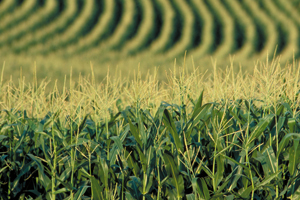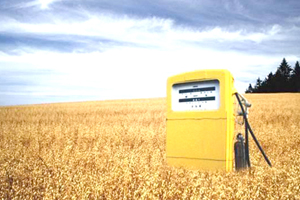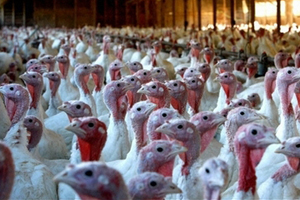Report confirms further deterioration of US corn crop

The United States Department of Agriculture (USDA) on September 12, 2012 released its monthly World Agricultural Supply and Demand Estimates (WASDE) report that confirms further deterioration in this year’s US corn harvest, thus exacerbating an already dire situation.
Also, compared with its August report, USDA reduced its current estimate for the 2012 world corn harvest by eight million metric tons or almost 1%.
In light of the further reduction in corn crop estimates, a coalition of livestock, poultry, meat and dairy groups renewed their call for the US Environmental Protection Agency (EPA) to issue a full, one-year waiver from the RFS in an effort to provide producers with some relief and to create a more balanced playing field for the end users of corn.
“Record high and extremely volatile grain prices have been the norm since the introduction of the RFS in 2005, and this summer’s record drought has shed light on the misguided policy of burning food for fuel,” said the coalition which includes the National chicken Council. “The RFS has directly affected the supply and cost of feed in major agricultural sectors of this country, causing the type of economic harm that justifies issuance of an RFS waiver. The WASDE report makes it more apparent that a small corn crop is getting smaller. Sufficient harm has already occurred and the economic conditions affecting grain supplies and feed prices will worsen in the months ahead.”
In this latest WASDE report, USDA reduced its 2012/13 US corn crop estimate to 10.727 billion bushels with a yield of 122.8 bushels per acre. This yield estimate is 0.6 of a bushel less per acre than the August’s estimate. Harvested corn acres were left unchanged from the August report, but most private analysts expect this acreage to be cut in future WASDE reports.
Eight states have filed a request for an RFS waiver, including Virginia, Texas, Georgia, New Mexico, Arkansas, North Carolina, Maryland and Delaware. Other requests to waive the RFS include calls to action from 156 US House members, 34 US Senators, poultry and livestock producers and the United Nations.












